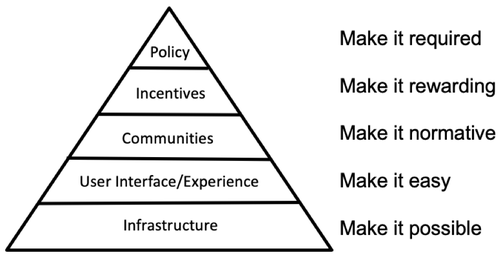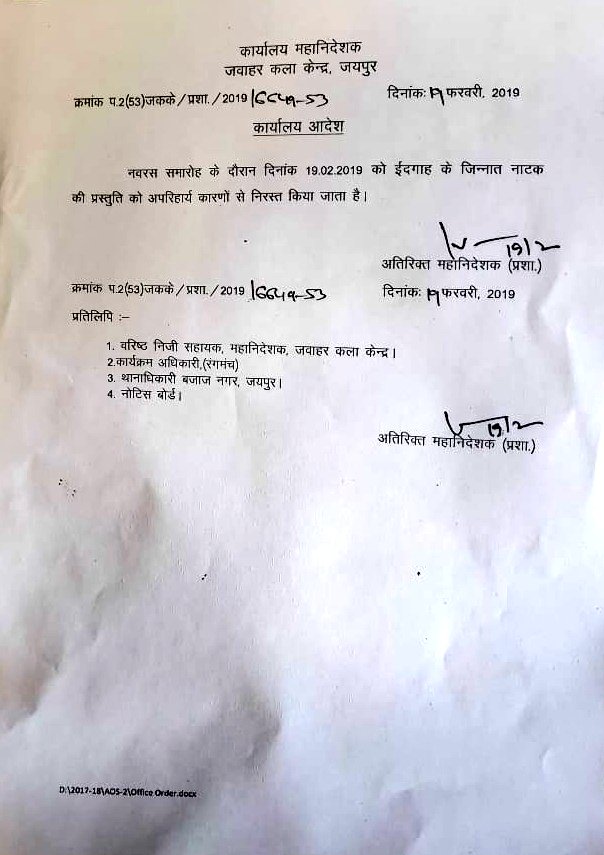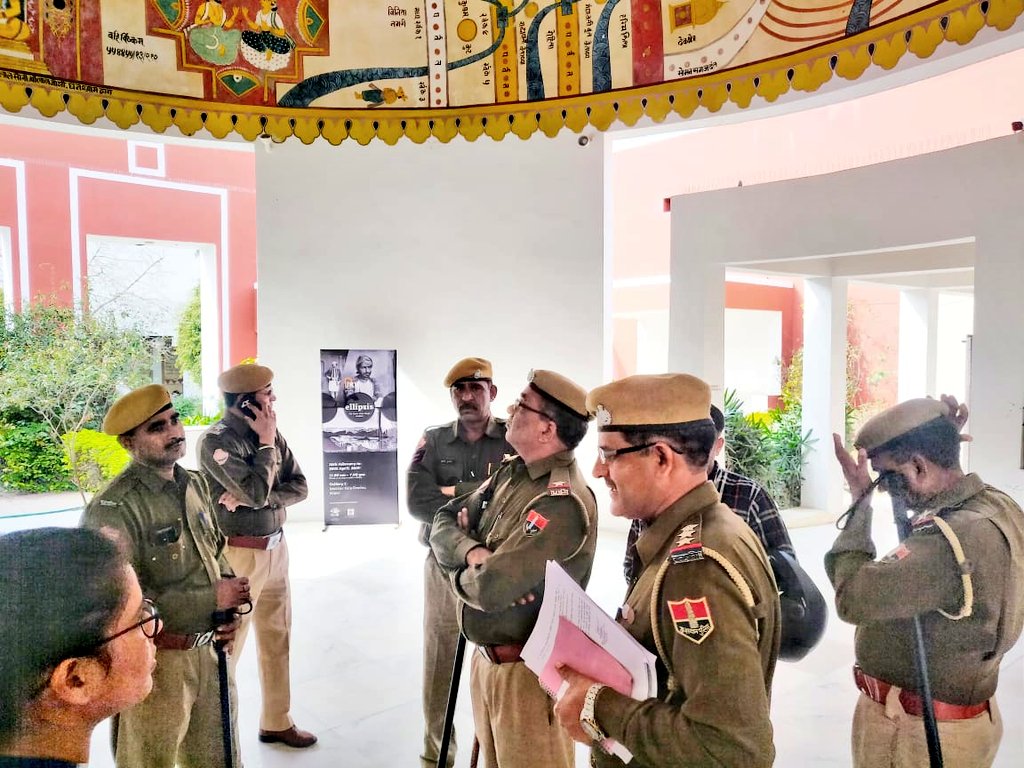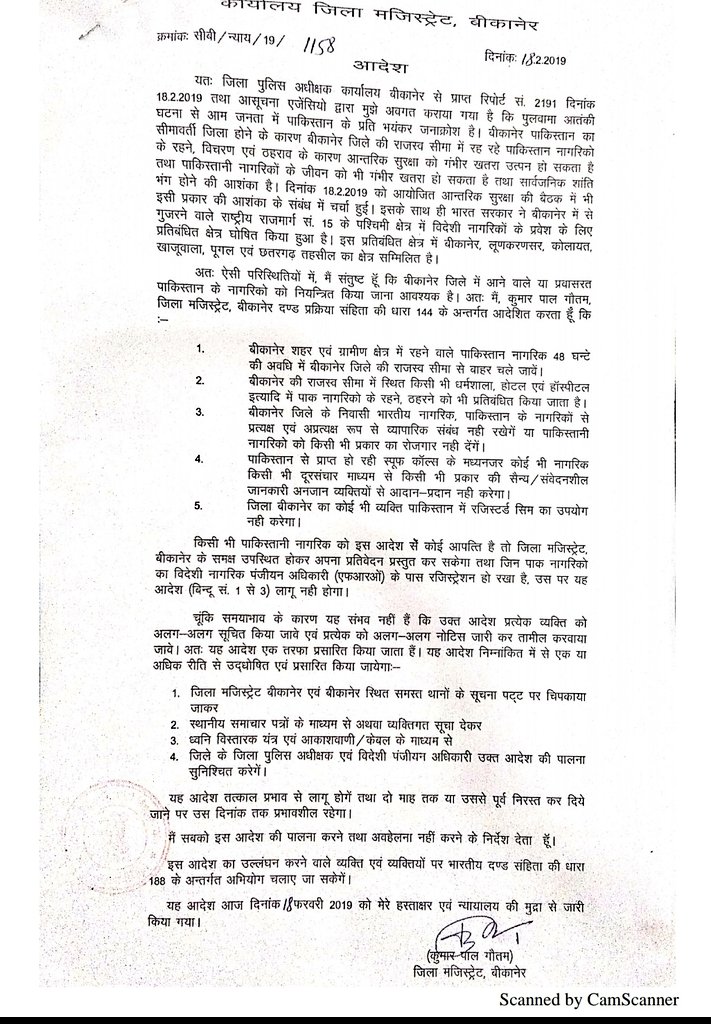Here's why and how...
[THREAD]
This isn't how science works. Datasets are messy, you're learning new skills on the fly, and wrestling with cryptic error codes xkcd.com/979/
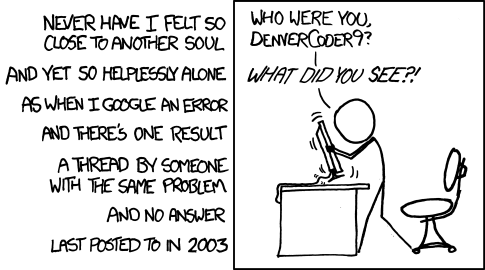
There are three reasons why...
There’s a lot of mystery surrounding how the writing process. Young scholars are just *expected* to learn how to pick up this difficult skill without any formal teaching
I enjoy making tutorials about R and scientific writing and think this is an important service to the community as an early-to-mid career scholar, but these things take time.
I want to see if live streaming will help me work more efficiently knowing that people *can* be watching. I already block access to social media, but what’s harder to monitor is ‘false hustle’ work, like updating my CV.
I want to get better at writing and definitely get better at coding. When it comes to coding, I've got a grasp of the basics but I know my code is inefficient and often has redundancies.
I think the current push for open data is the right way forward, but there are many circumstances where it's not possible to share your data due to privacy concerns. Our research participants are entitled to their privacy
1. Readers and reviewers can better understand the data, as they can explore dataset properties such as distributions, variance, and outliers.
3. Synthetic datasets can be used to accompany analysis scripts, which can be difficult to follow without the dataset
